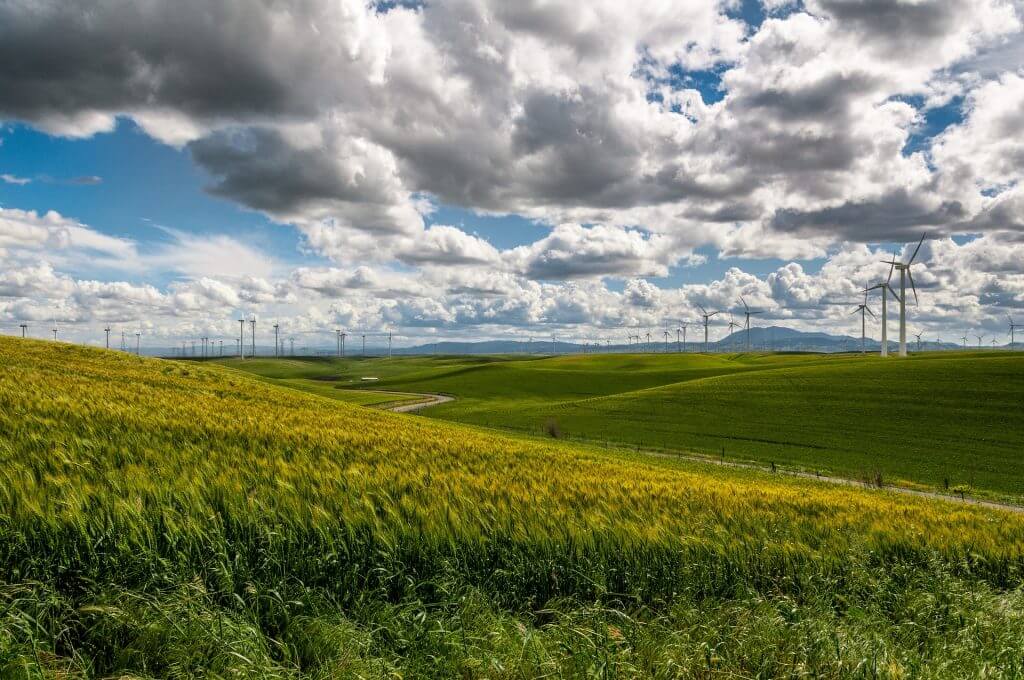Israel Farming Technology in India

Israel Farming Technology in India
It has been more than 25 years that the countries India and Israel have established a good diplomatic relation. But it is undoubtedly the relation in the agricultural field that has strengthened the bond between the two countries.
Israel has been a world leader when it comes to the matter of agriculture despite the fact that more than half of the land is a desert. The country’s extensive research has increased the quality and quantity of the crops that the country produces.
Afar from the political drama and media attention, the India-Israel Agricultural Project (IIAP) has created a revolution and has helped farmers from all over to country to harvest and produce a good amount of crops every year.
Launched in the year of 2008, the IIAP has aimed at setting up many specialized centers all across India. At first, it was a three-year Action Plan based on the Government to Government Agreement.
At present 15 such Centres of Excellence (CoE) are operational which are administered and jointly run by MASHAV, Israel’s Agency for International Development and India’s Ministry of Agriculture.
The Centres of Excellence are funded by Federal Government NHM (National Horticulture Mission) and by other individual State Governments.
In the upcoming years, there is the plan to open 12 more centers which will take the total number of centers to 27.
The main goals of IIAP are as follows−
- Increase in diversity of the crops
- Increase in production of the crops
- Increase in the resources use efficiency
Work of the Centres of Excellence
The extensive research and study are all performed in these centers to increase the productivity as well as improve the quality of the produced goods.
The Israel farming technology in India has been successful in offering many agricultural practices to benefit the Indian farmers, such as Hi-Tech poly-houses to walking tunnels and net houses.
The basic concept of the Centre of Excellence is based on the triangular format of Applied Research, SMS Field Extension Officer and the Progressive Farmer.
Applied Research
Under the Israel farming technology in India, the Department of Applied Research studies and provides a solution for a better harvest.
The Seed producing companies bring their seeds in the Applied Research department and perform a test and parameters such as yield, quality, and tolerance of diseases are being observed.
Apart from that, another important work of the Applied Research department is to analyze the plant protection products and to work on new technologies on the local conditions, pruning periods, fertilization and irrigation.
The department also produces high quality, healthy, virus and pest-free seeds and saplings.
SMS (Subject Matter Specialist) Field Extension Officer
They work as a bridge and link the Applied Research department with the farmers.
The linkage has two parts− one to disseminate the knowledge and the second is to make sure that the proper methods are being implemented by the farmers.
This means that the Applied Research department studies and introduces new methods for the betterment of crops, and the SMS Field Extension Officer makes sure they the methods reach the farmers and is properly utilized.
Progressive farmers
They are the farmers who implement the methods told to them by the SMS Field Extension Officers.
After the success of the method, the progressive farmers become the role model for other farmers.
Implementation
The first success of the Israel farming technology in India was in Gharaunda of state Haryana.
The success came from a plant nursery which produces lakhs of vegetable plug seedlings in a year which utilizes plug-seedling technology.
In the plug seedling technology, the plants are grown in small, individual cells, which are later made ready to be transplanted into other containers or in a field.
The seedlings included hybrid seeds of tomatoes, cherry-tomatoes, colored capsicum, cucumbers, eggplant, chili peppers, and more.
Another success story of the Israel farming technology in India was in Dapoli of the state of Maharashtra.
At this center, 20- to 60-year old and 12-meter high mango trees underwent a special process of rejuvenation.
The process was to plant extra saplings in between the trees resulting in the density of the orchard from 100 trees per hectare to 400 trees per hectare.
The result was very significant in two years as the trees produced fruits with higher weight, better color and better taste.
A third success story of the Israel farming technology in India was in the states of Nagpur, Maharashtra, and Mangiana present in the state of Haryana.
Thirteen varieties of citrus trees were planted which produced easy peeler, early season and late season oranges and grapefruits.
